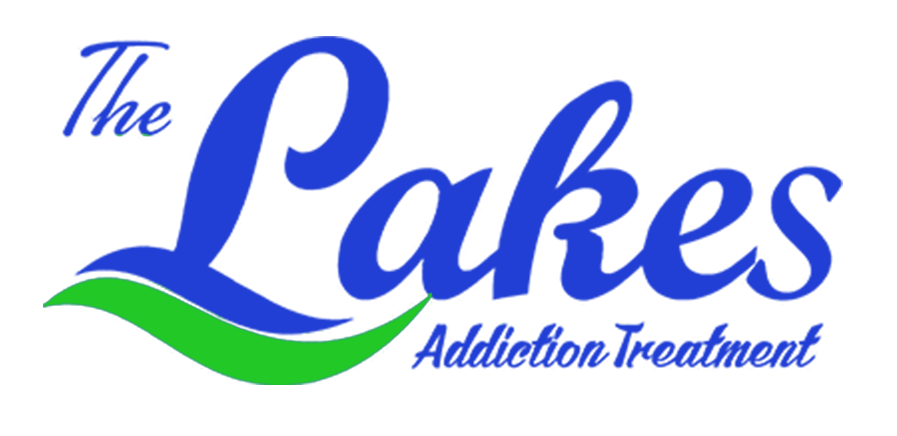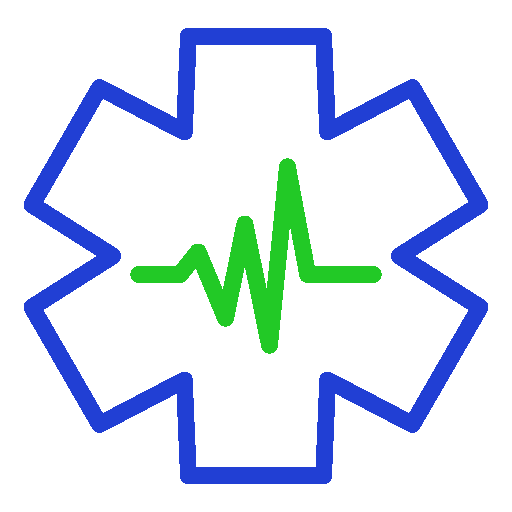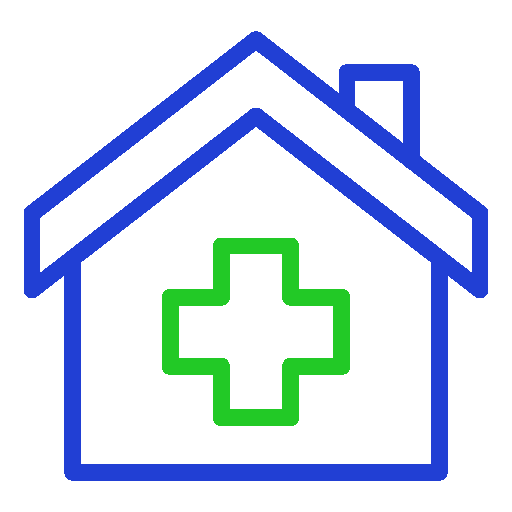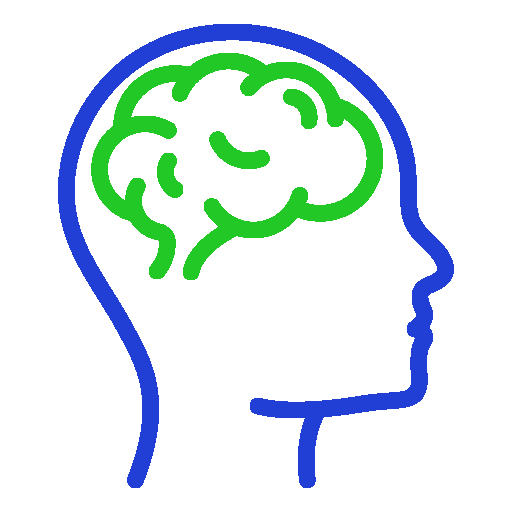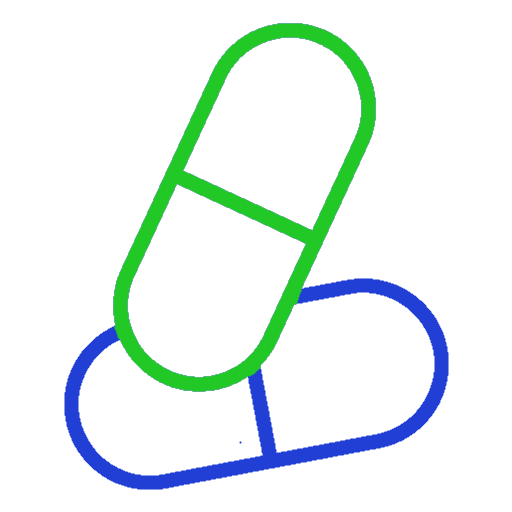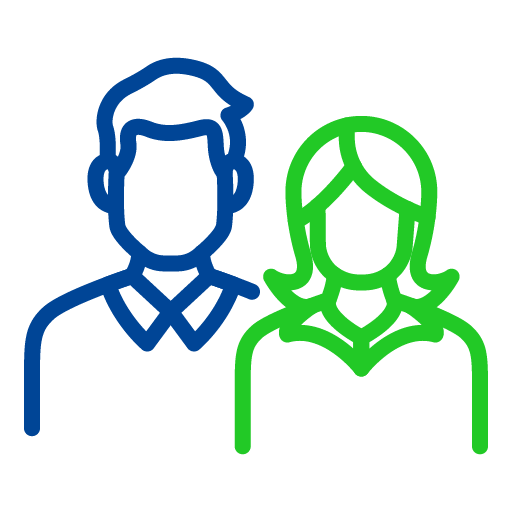The Lakes Treatment Center is proud to observe Mental Health Awareness Month as an addiction treatment center with the ability to treat co-occurring disorders through dual-diagnosis treatments.
Learn more about Mental Health Awareness Month 2025, including how you can get involved.
What is Mental Health Awareness Month?
Mental Health Awareness Month is a national observance held every May to raise awareness about mental health issues, promote mental wellness, and support individuals and communities affected by mental illness.
The goal of Mental Health Awareness Month is to increase awareness of the importance of mental health and wellness, celebrate recovery from mental illness, and provide resources and information to support those in need. By raising awareness, we can help reduce the stigma surrounding mental health issues and encourage more people to seek the help they need.
Why Observe Mental Health Awareness Month?
Mental health challenges are a growing concern in the United States, affecting millions of Americans each year. These challenges can range from mild to severe and can impact anyone, regardless of age, background, or socioeconomic status. Common mental health issues include anxiety, depression, post-traumatic stress disorder (PTSD), eating disorders, and substance abuse. These conditions can significantly affect an individual’s quality of life, relationships, and overall well-being.
Mental Health Awareness Month plays a significant role in promoting mental health and inclusion, raising awareness, and advocating for critical health issues. That’s why The Lakes Treatment Center is dedicated to helping people in our communities fight this cycle, which includes spreading the word and encouraging people to engage in active, open dialogue.
A Brief History of Mental Health Awareness Month
The first Mental Health Awareness Month was observed in 1949. However, its positive impact on society really took off in the early 2000s.
In addition to Mental Health Awareness Month, January is now celebrated as Mental Wellness Month, promoting awareness and engagement around maintaining mental health. This provides practical tips for individuals to refresh their mental health practices and emphasizes the ongoing nature of mental wellness, highlighting the importance of community and professional support.
Today, Mental Health Awareness Month is now recognized by the National Alliance on Mental Illness (NAMI), the Substance Abuse and Mental Health Services Administration (SAMHSA), and other public safety groups. Mental Health America has also played a crucial role in establishing Mental Health Month to promote mental health awareness and education.
During Mental Health Awareness Month, people can learn about:
- The importance of mental health and mental awareness.
- How mental health difficulties affect them can also affect other people.
- Where to get mental health treatments.
- Suicide prevention and support groups.
- How mental health can be affected by external and internal factors.
- And much more.
If you or someone you know needs help with mental health difficulties or are feeling in crisis right now, please know that help is always available and that there are always people who care about you, even if you’ve never met them. Call or text 988 at any time to get in touch with The Lakes Treatment Center.
Mental Health Resources for Individuals, Friends, and Family Members
Looking for resources for yourself, a friend, or a family member?
Here are some tools to get you started.
Building Resilience and Coping Skills
Building resilience and coping skills is essential for maintaining good mental health and overall well-being. Resilience is the ability to bounce back from adversity, while coping skills are the strategies and techniques used to manage stress and difficult emotions.
There are several ways to build resilience and coping skills, including practicing mindfulness, engaging in physical activity, connecting with others, and seeking professional help when needed:
- Mindfulness practices, such as meditation and deep breathing, can help reduce stress and anxiety.
- Physical activities, like exercise or sports, can improve mood and alleviate symptoms of depression.
- Connecting with others, whether through friends, family, or support groups, provides emotional support and reduces feelings of loneliness.
The Role of Family and Community Support
Family and community support plays a critical role in maintaining good mental health and well-being. There are several options available:
- Family members and friends can offer emotional support, practical help, and encouragement, helping individuals affected by mental illness feel less isolated and more supported.
- Community support, such as support groups and peer support services, provides a sense of belonging and connection, which is essential for recovery and well-being.
- Healthcare professionals, including therapists and counselors, offer professional guidance and support, helping individuals develop coping skills and strategies to manage mental health challenges.
By fostering a supportive environment, individuals can band together and help those struggling with mental health issues feel understood and empowered to seek the help they need.
How You Can Observe Mental Health Awareness Month
For years, mental health problems have been brushed aside by society as a whole as “personal problems” that individuals need to “just deal with.” But thanks to recent gains in public awareness and a greater countrywide commitment to all forms of health, most people today know that mental health difficulties take more than a positive attitude to treat and that the struggles of one person can be reflected in the people around them. This is why it is so important for everyone to know about Mental Health Awareness Month and do what they can to promote it.
You can help observe Mental Health Awareness Month by:
- Calling a local addiction treatment center like The Lakes Treatment Center of Modesto, CA, if you know a loved one is struggling with addiction and a co-occurring mental health disorder.
- Talking to your friends and family members about the importance of mental health, discussing ways to improve mental well being, and removing any stigma surrounding the topic in your circles.
- Scheduling a therapy appointment or asking your doctor about therapy if you have been curious about its benefits but were waiting for the right moment to act.
- Sharing this blog post with people you know, so they can learn more about Mental Health Awareness Month, too.
If you would like to know more about The Lakes Treatment Center or if you need our help fighting addiction, then please feel free to contact us. You can also request a complimentary phone consultation by dialing (209) 309-3573.
